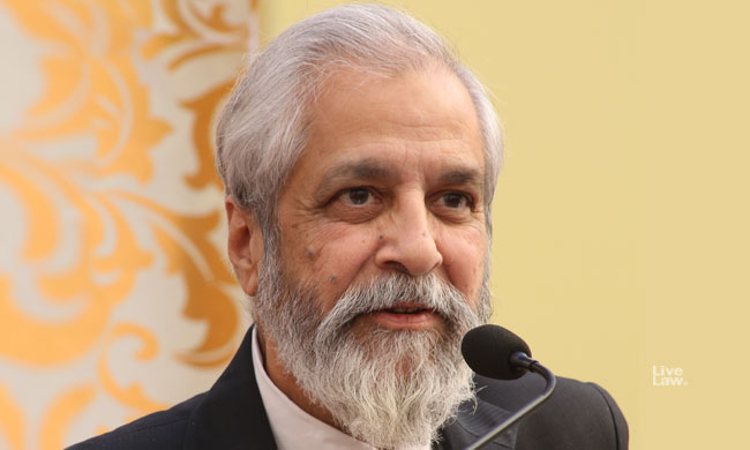UP Ordinance Against Religious Conversions By Marriage Puts Freedom Of Choice & Dignity On Backseat : Justice Madan Lokur
Mehal Jain
30 Nov 2020 6:51 PM IST

Next Story
30 Nov 2020 6:51 PM IST
Former Supreme Court judge Justice Madan B Lokur criticized the recent Ordinance brought by the Uttar Pradesh Government to criminalize religious conversions by marriage.The judge described the Uttar Pradesh Prohibition of Unlawful Conversion of Religion Ordinance 2020, promulgated last week, as "placing on the backseat the freedom of choice and dignity". "States of Madhya Pradesh,...
